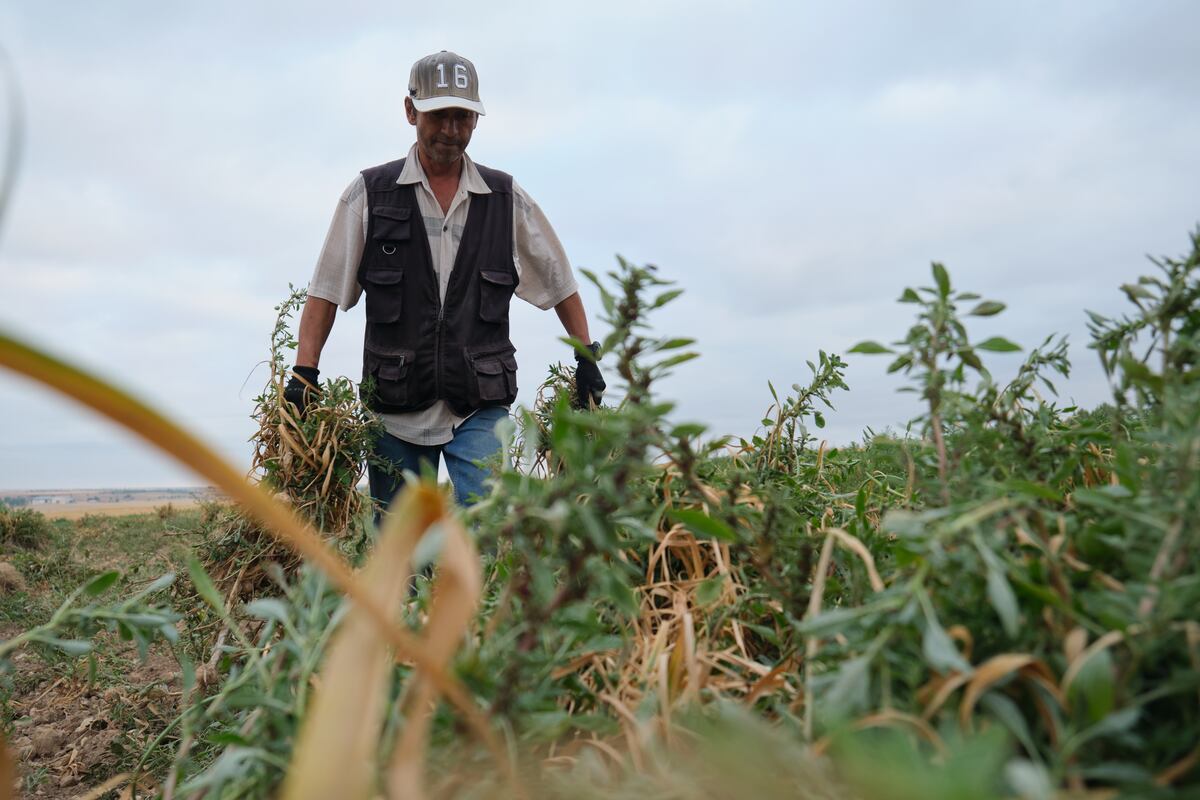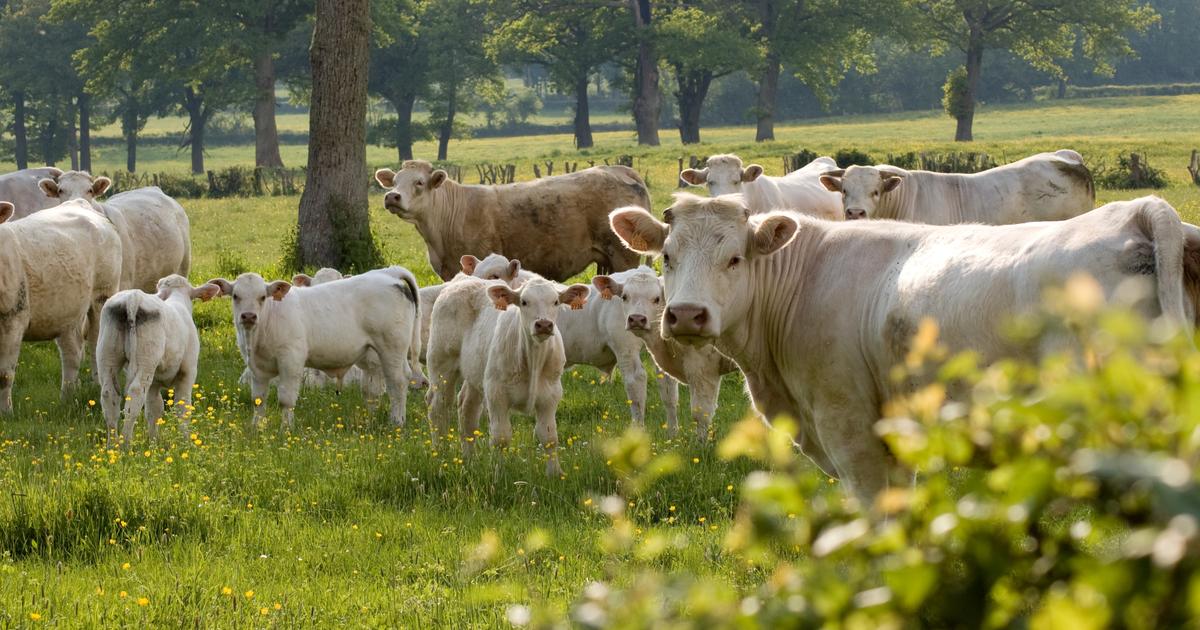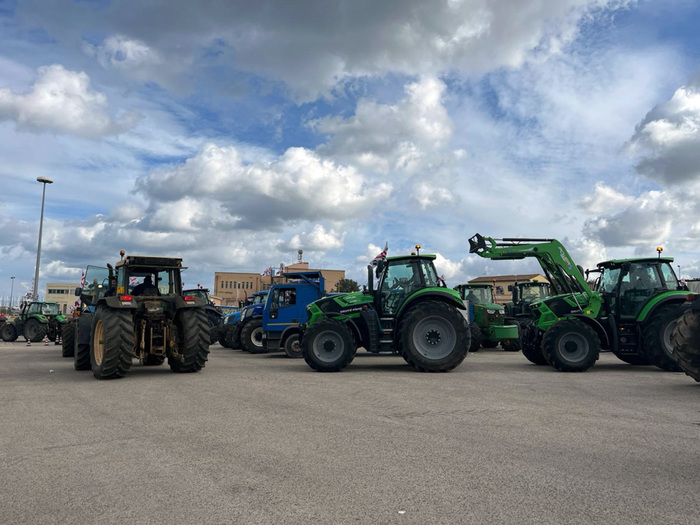Damascus-Sana
Encouraging their breeding within small and micro development projects is one of the solutions proposed by experts and stakeholders to restore the shortage of livestock during the years of the terrorist war, as well as calls to secure fodder at reasonable prices and produce it locally, support breeders and increase local veterinary medicines to overcome the repercussions of the economic blockade imposed on Syria.
SANA met with a number of stakeholders and monitored their proposals for the advancement of the livestock sector and the profession of veterinary medicine, as the Director of Animal Health at the General Organization for Poultry, Dr. Hussam Abdel-Latif, explained the need to secure feed through foreign contracts whose prices are acceptable and to cultivate yellow corn and soybeans locally and to cancel duties and taxes on imported feed.
Member of the Central Council of the Veterinarian Union, Dr. Hussam Nasrallah, in turn, explained the importance of raising the competencies of veterinarians working in the Ministry of Agriculture, studying poultry diseases, finding appropriate solutions to reduce them, increasing the feed standard, supporting poultry breeders and compensating the affected poultry owners.
The head of the Veterinarians Syndicate, Iyad Sweidan, revealed future plans for the restoration of the livestock sector with international organizations by providing vaccines and treatment free of charge and holding training courses to raise the scientific and professional competence of veterinarians and encouraging the establishment of small and micro development projects as a solution to overcome the shortage of livestock during the war .
With regard to veterinary medicines, Sweidan stressed that despite the war conditions and its repercussions, the local veterinary medicine factories continued in the production process and secured the local market’s need, which did not witness any loss or imbalance in the availability of medicines needed to provide health care to livestock herds, in addition to the continued movement of exports to foreign markets.
Local veterinary medicines cover about 70 to 80 percent of the local market's needs, according to the head of the laboratory of quality control of veterinary medicines in the Veterinary Medicines Directorate, Dr. Muhannad Zuaiter, who pointed out that the medicines are of high quality and are subject to continuous drug control, whether in the producing laboratories or the markets.
The head of the Damascus branch of the Veterinarian Syndicate, Dr. Luay Muhammad, stated that despite the war and siege conditions, technical approvals were granted to export veterinary preparations and medicines in various pharmaceutical forms, including therapeutic medicines in the form of injections for livestock, therapeutic medicines in the form of solutions and fluids for poultry and ruminants, medicines in the form of powder and feed additives “vitamins and mineral salts. And amino acids ”which is the production of a number of local veterinary drug laboratories licensed by the Ministry of Agriculture, pointing out the importance of organizing the veterinary profession.
Participation and coordination between the private and public sectors is an urgent necessity to confront the unjust blockade that Syria is exposed to and the difficulties of securing some of the requirements for the advancement of the livestock sector, in the words of Muhammad Jinan, the owner of a commercial enterprise for veterinary medicines, by locally producing various requirements such as feed, medicines and vaccines and achieving self-sufficiency from them.
Assistant to the Minister of Agriculture, Eng. Ahmed Qadish, indicated that the ministry is conducting continuous meetings with veterinarians with the aim of exchanging dialogue, offering ideas and visions for the development of the livestock sector, discussing the challenges facing this sector and providing appropriate solutions.
Bushra Barhoum








